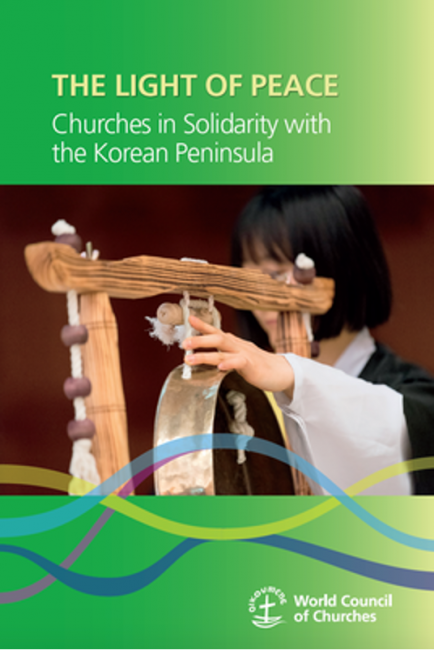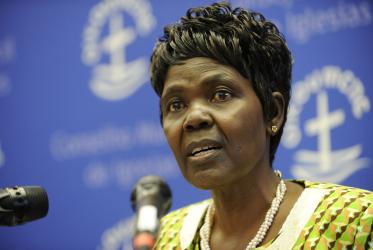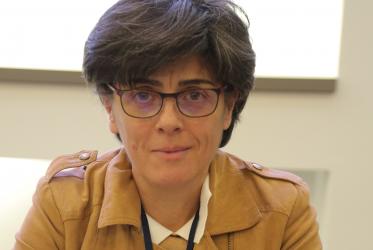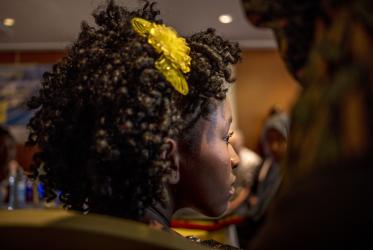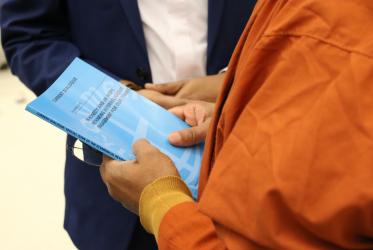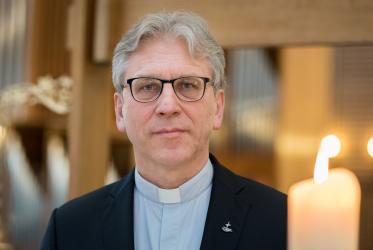Displaying 81 - 100 of 337
Healing Together
A Facilitator’s Resource for Ecumenical Faith and Community-Based Counselling
15 October 2020
Hope prevails in times of crisis in Lebanon
14 September 2020
A visionary missionary heads home
25 March 2020
South Sudan Church leaders welcome new cabinet
15 March 2020
Freedom of religion rooted in justice
06 March 2020
Festivities and dialogue launch new WCC journal
07 February 2020
When the salt loses its taste
16 December 2019
